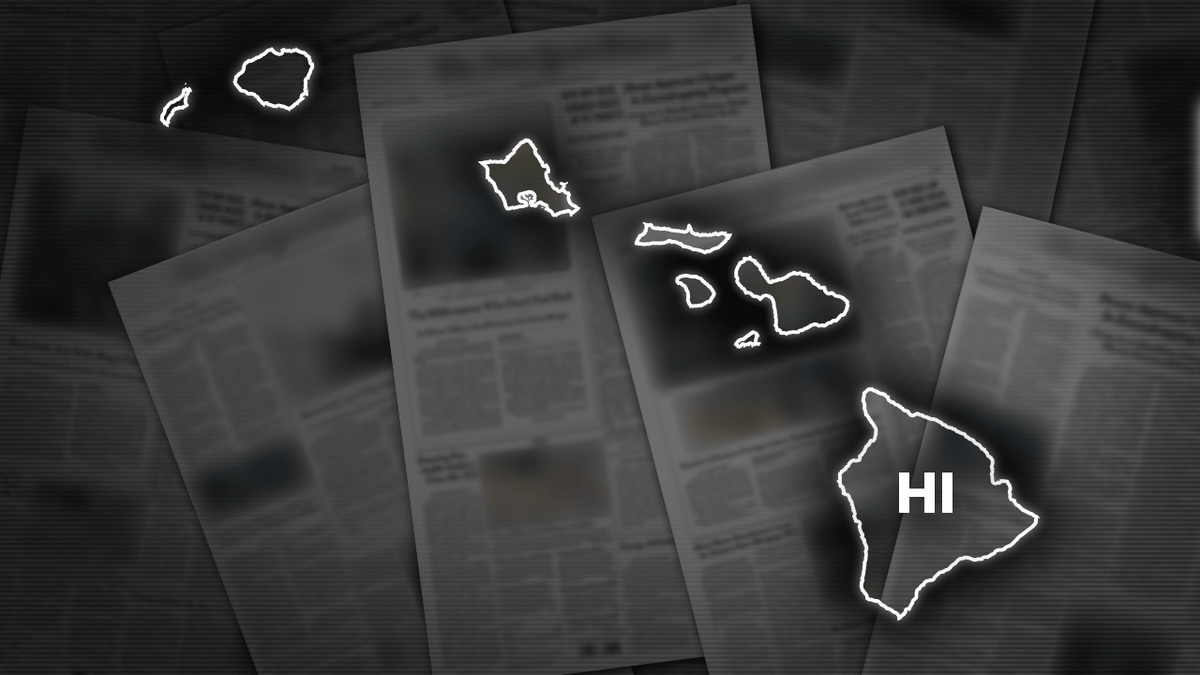Fox News Flash top headlines for September 7
Fox News Flash top headlines are here. Check out what's clicking on Foxnews.com.
Hawaii taxpayers will be receiving constitutionally mandated tax rebate over the next several weeks after a rebound in tourism fueled a jump in state tax revenue.
The money will arrive either by bank account direct deposit or by paper check in the mail, Gov. David Ige said Tuesday.
Individuals who earned less than $100,000, and couples who earned less than $200,000, in 2021 will receive $300 per person plus another $300 for each dependent. For a family of four, the payout could total $1,200.
Those earning more will receive rebates of $100 per person and dependent. Eighty-nine percent of taxpayers will get the $300 rebate, and 11% will receive $100.

Individuals who earn less than $100,000 will receive rebates of $300 per person and dependent over the next several weeks. Those who earn more than $100,000 will receive rebates of $100.
Taxpayers who filed individual income tax returns for 2021 by July 31 and who have been residents of Hawaii for at least nine months will receive the refund. They won't need to take further action to receive their money, Ige said. Those who file by Dec. 31 may also receive the rebate.
"We do know that there are many challenges in this tough economic times. The current inflation, gas, electricity costs have been increasing. So we know this refund will be welcomed," Ige said at a news conference.
The first direct deposit refunds will arrive in bank accounts on or around Monday and will continue over the next two weeks. People who requested their regular tax refunds by direct deposit, and who gave the state their bank account number, will get their rebates this way.
Deposits through the mail will take longer due to industry supply shortage of paper checks. These refunds should be completed by the end of October, he said.
NEW YORK MAN CYCLING TO ALL 50 STATES REACHES ALASKA AND HAWAII: ‘WHAT I JUST DID WAS CRAZY’
The total payout amounts to $295 million. Ige said it's the largest rebate he can remember the state paying in his three decades serving in the Legislature and as governor.
Hawaii's constitution requires the state to give money back to taxpayers or to put money into a rainy day fund if its carry-over balance exceeds 5% for two consecutive years.
During this year's legislative session, lawmakers did both. They passed a bill allowing for the refund and put $500 million in the state’s rainy day fund. Ige signed the measure in June.









































